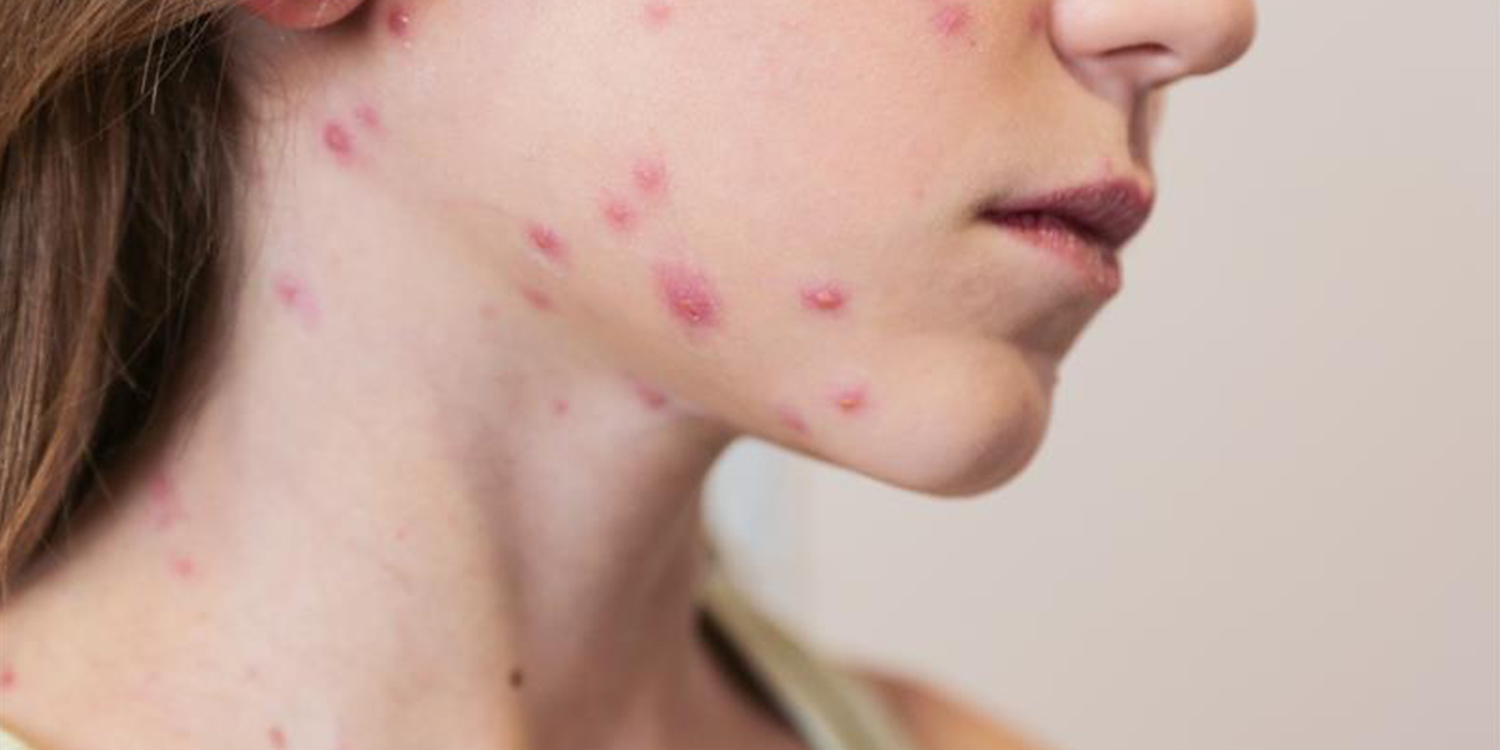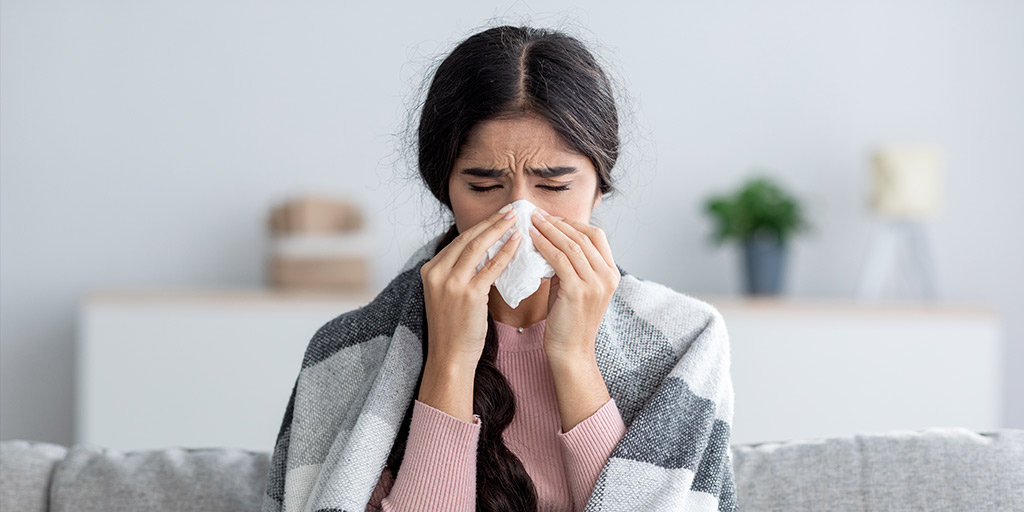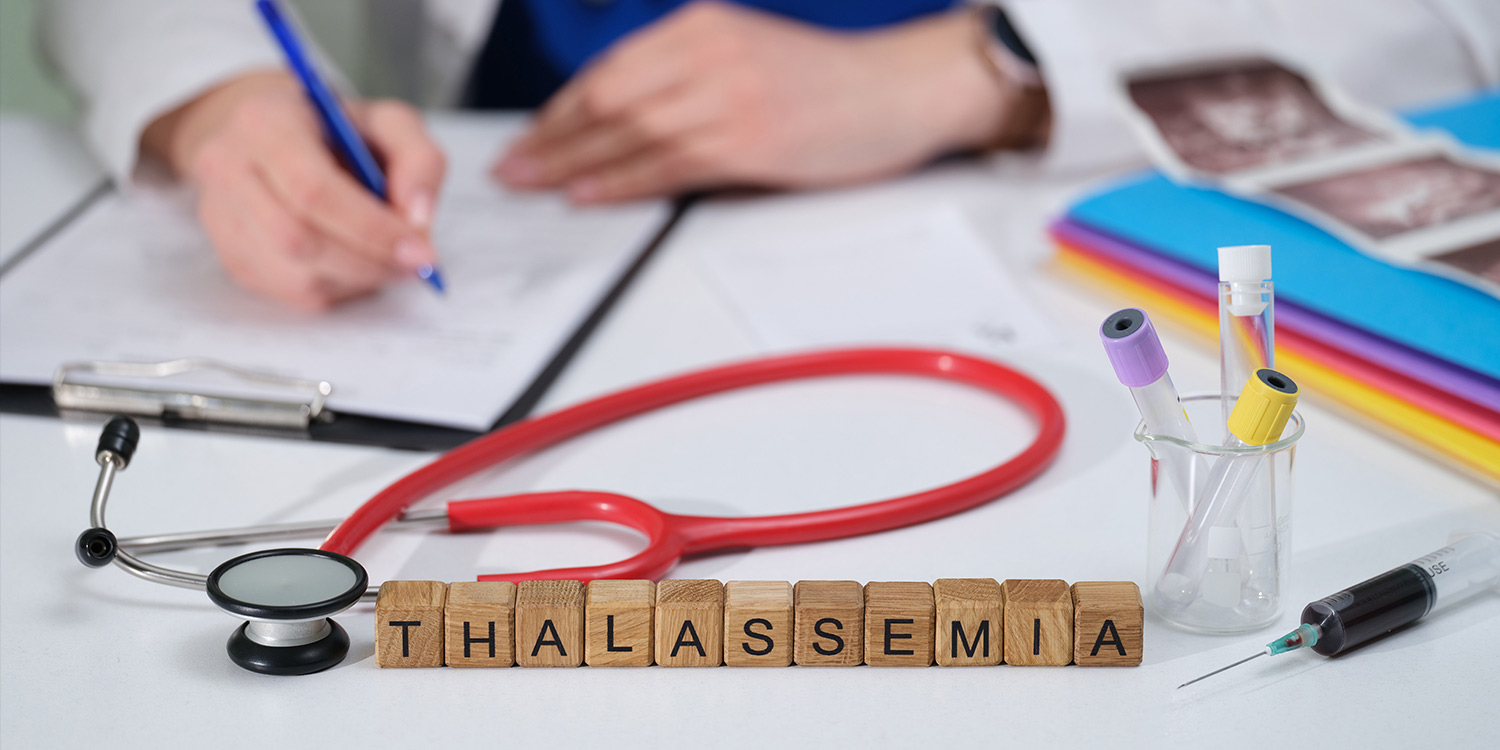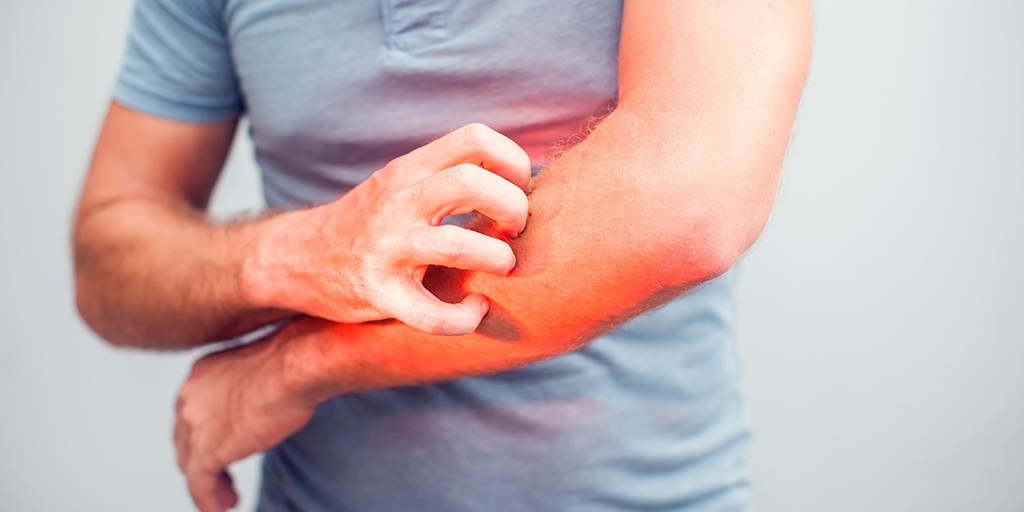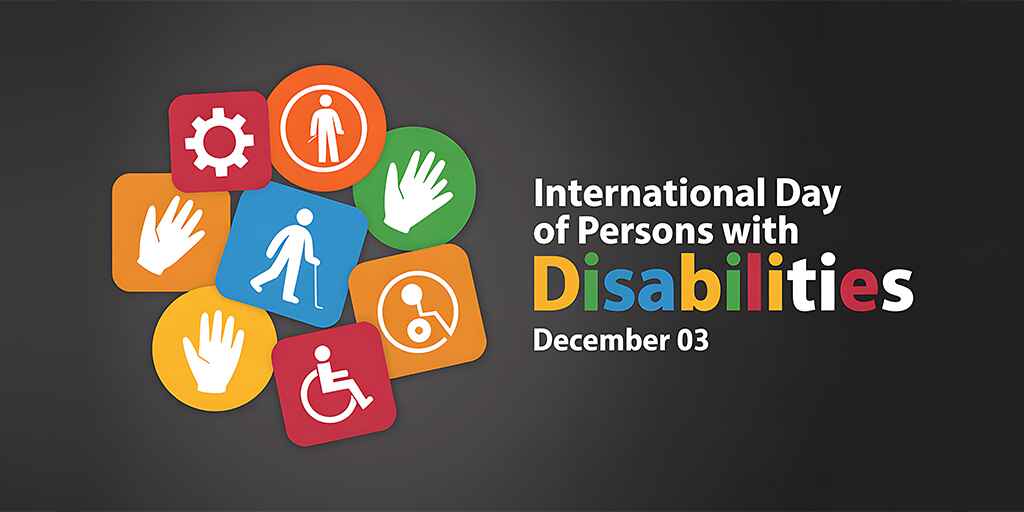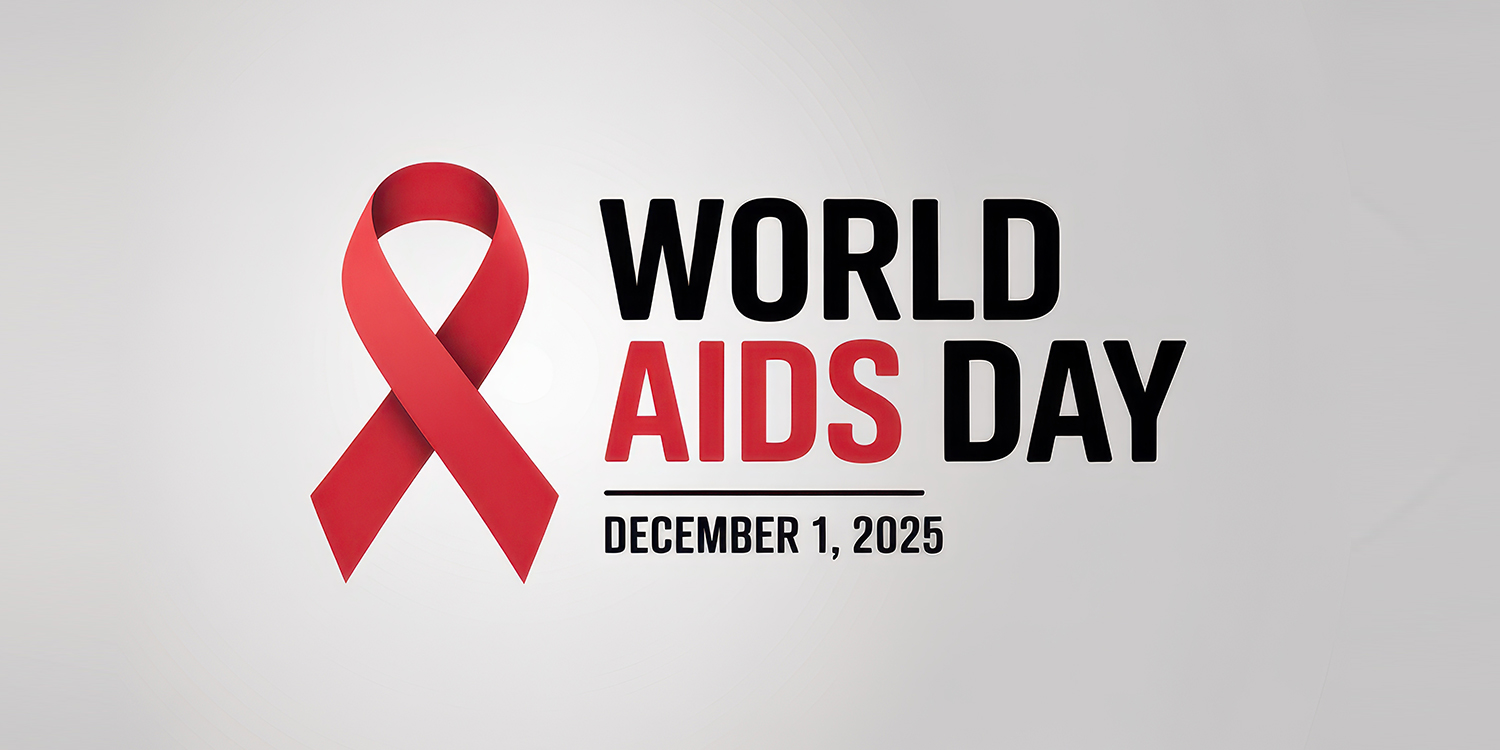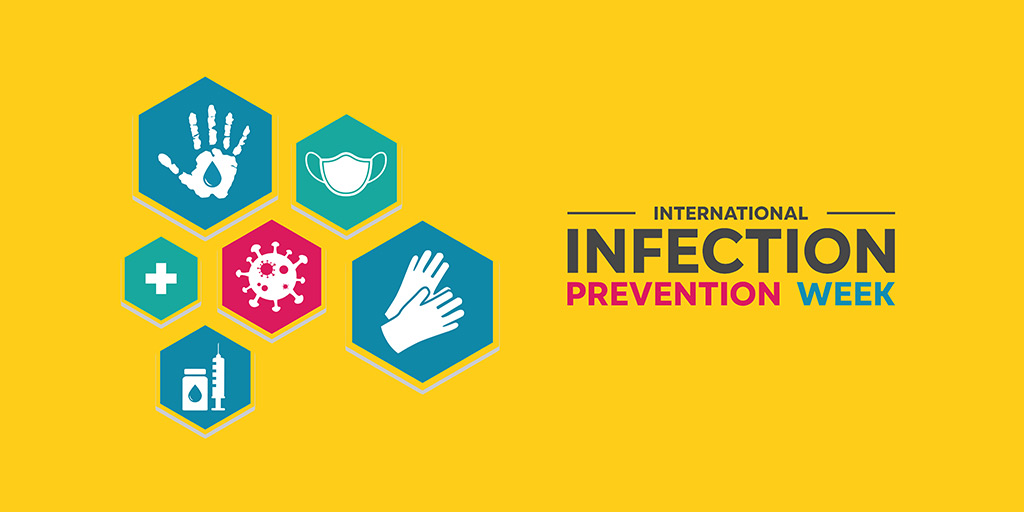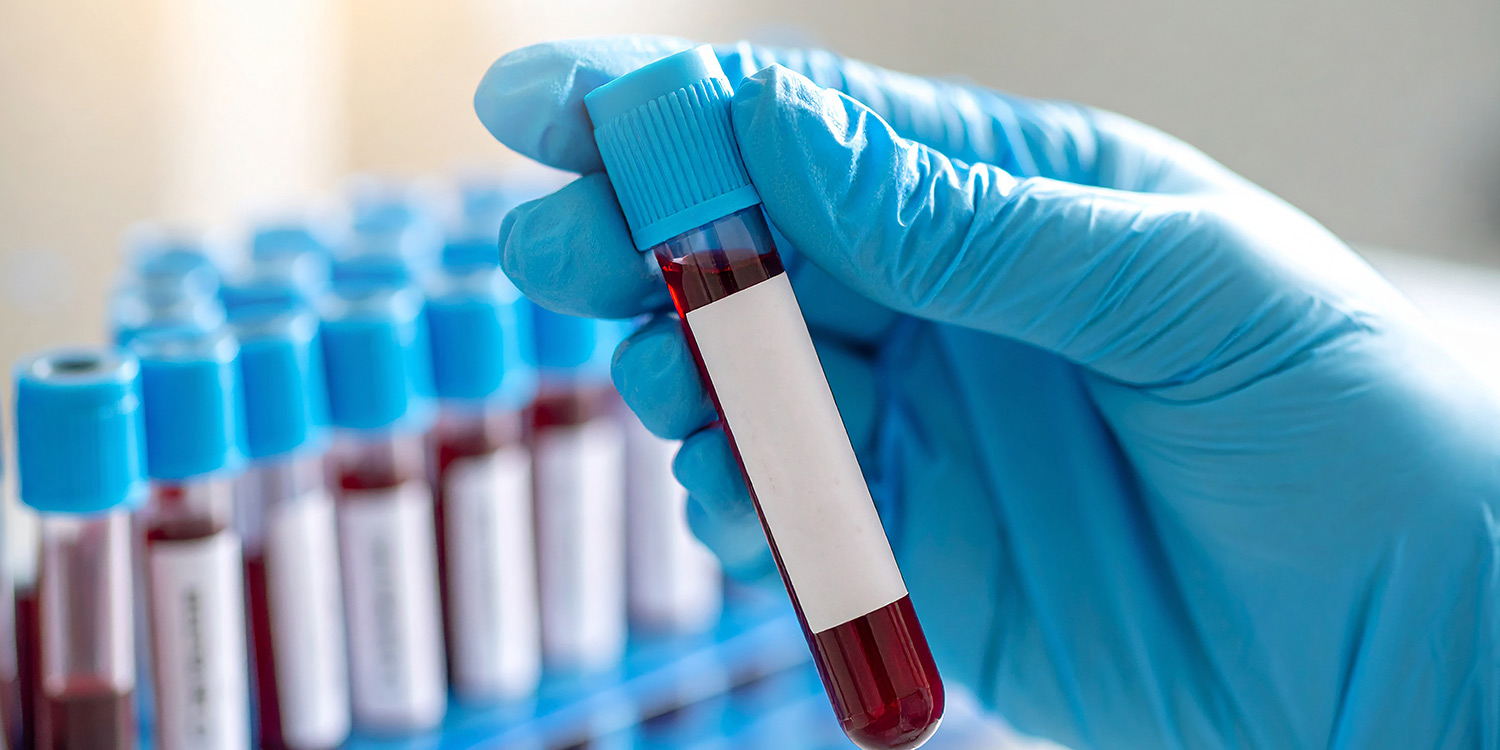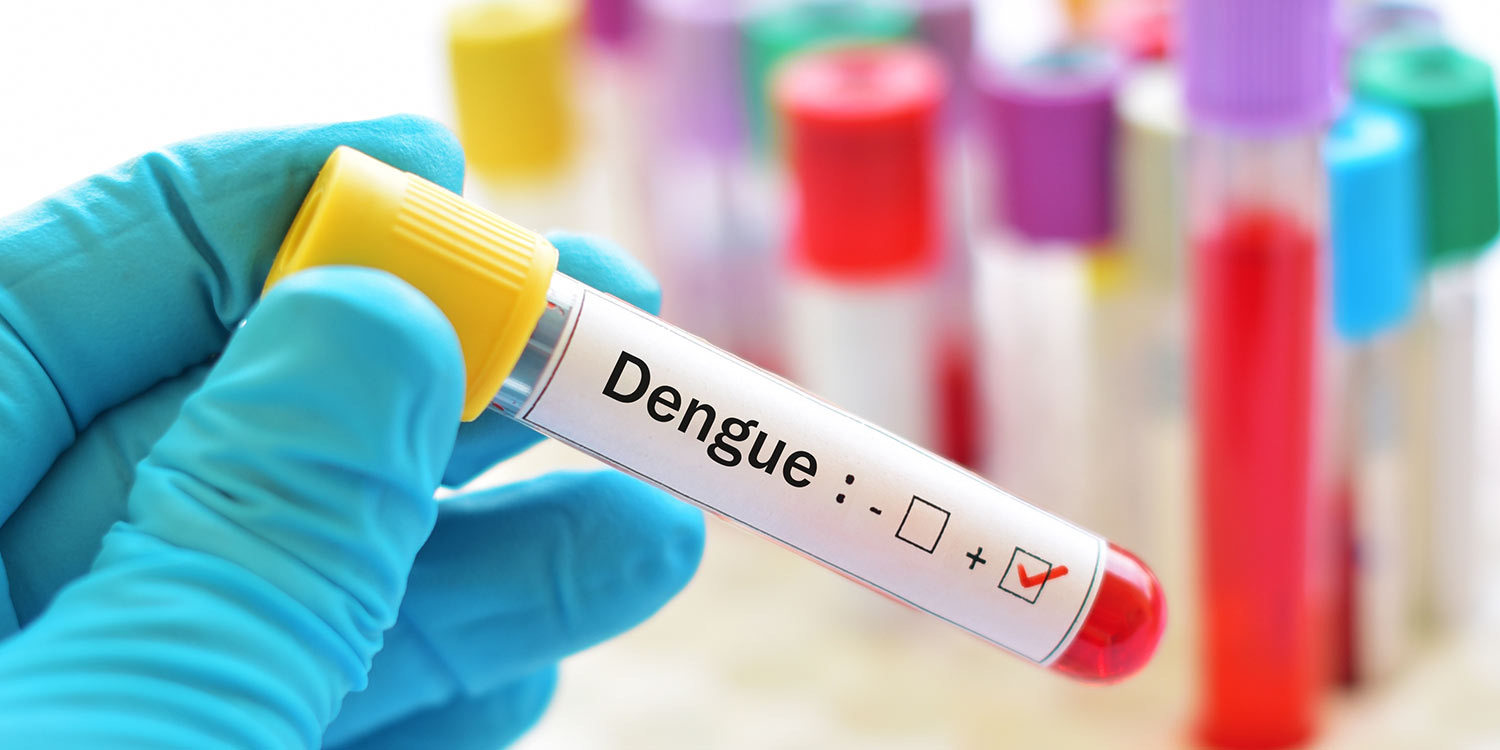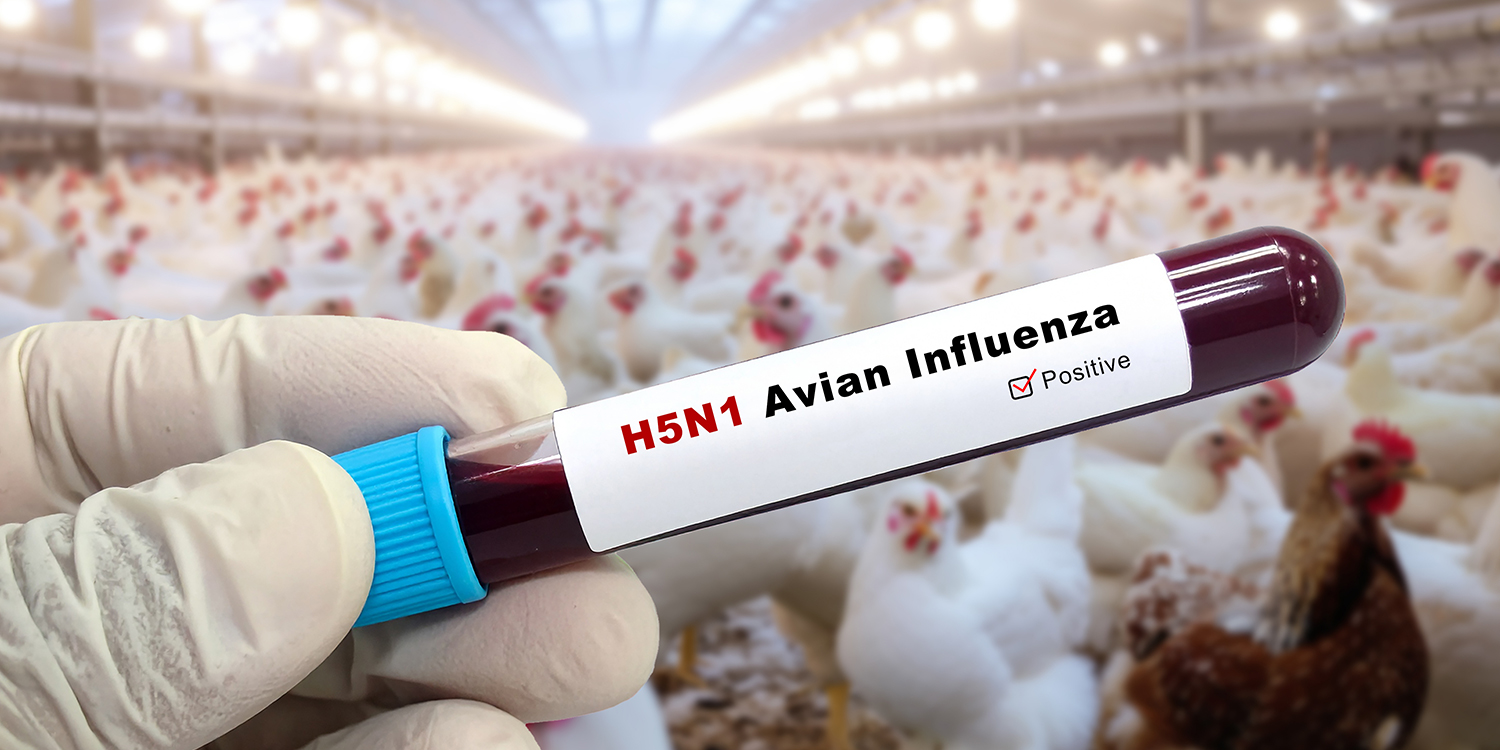Dengue fever is a mosquito-borne illness that affects thousands in India every year – especially during monsoon season – causing high fever, body pain, rashes, and in some cases, serious complications like bleeding or organ damage. At Graphic Era Hospital, the Department of General Medicine, which integrates expertise from Internal Medicine, Tropical Medicine, and Geriatric Care, provides comprehensive dengue care, starting from diagnosis to recovery. With early diagnostic tools such as NS1 antigen testing, continuous platelet monitoring, and comprehensive outpaitient/inpatient support, we ensure prompt, personalised monitoring and care for patients of all ages, with added focus on the elderly and high-risk individuals.
When to Seek Dengue Screening and Consultation
Early identification of dengue can prevent severe complications. If fever and other symptoms persist beyond a day or two, especially during mosquito-prone seasons, it’s important to seek medical evaluation. Watch out for the following signs that may indicate dengue infection:
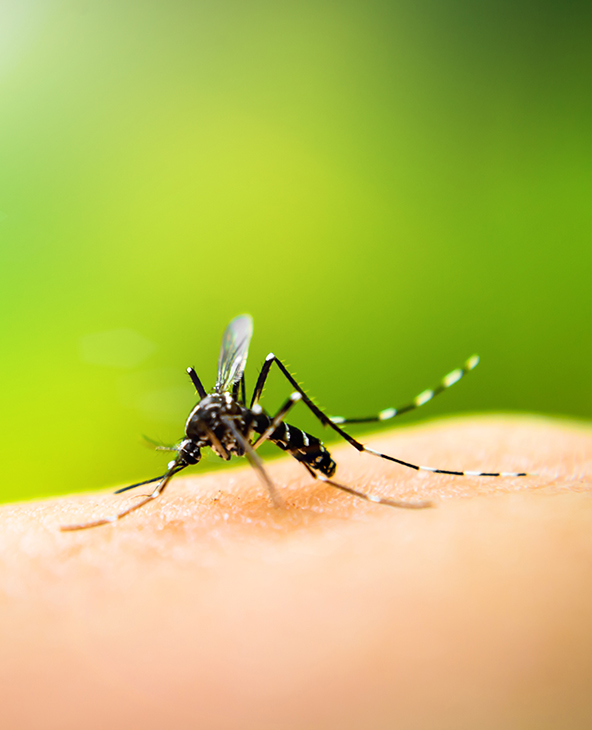
- Sudden high fever (often above 102°F)
- Intense headache, especially behind the eyes
- Muscle and joint pain (often called breakbone fever)
- Skin rash that appears a few days after fever onset
- Nausea, vomiting, or abdominal discomfort
- Fatigue and extreme weakness
- Bleeding from gums or nose
- Easy bruising or red spots (petechiae)
- Rapid drop in platelet count (usually marked from the 3rd day of fever)
- Symptoms worsening after initial improvement
Warning Signs Include
- Severe epigastric pain
- Intractable vomiting
- Inability to take orally
- Intense headache
- Appearance of purpuric spots
- Platelet count less than 10000 even if no bleeding or purpura
- Bleeding from gum, nose, gastro-intestinal tract, heavy menstrual bleed,
Things to Know Before Starting Dengue Treatment
Being informed about dengue and its management can help reduce complications and support better recovery:
- Dengue is caused by a virus transmitted through the bite of an infected Aedes mosquito
- It cannot be transmitted directly from one person to another.
- There is no specific antiviral medication. The treatment focuses on symptom relief and hydration
- Monitoring platelet count and warning signs is crucial
- NSAIDs like ibuprofen should be avoided as they increase bleeding risk
- Hospitalisation may be needed if symptoms worsen or platelet levels drop significantly
- Recovery times can vary depending on the severity and patient’s age.
- Staying well-hydrated is essential throughout the illness
Dengue Treatments Available at Graphic Era Hospital
Treatment for dengue focuses on relieving symptoms, maintaining hydration, and preventing complications through close medical supervision and advanced monitoring.
- Symptom-Based Supportive Care: Use of paracetamol for fever and body aches, along with adequate rest and fluids.
- Platelet Count Monitoring: Regular blood tests to track platelet levels and detect any dangerous decline.
- Hospital Observation and Inpatient Care: For moderate to severe dengue cases requiring close monitoring and IV support.
- Fluid Replacement Therapy: Intravenous fluids to treat dehydration and prevent dengue shock syndrome.
- NS1 Antigen and Dengue Testing: Early detection during the febrile phase through rapid diagnostic testing.
- Bleeding Risk Management: Continuous observation for bleeding signs and timely intervention when necessary.
- Paediatric Dengue Management: Specialised treatment protocols for infants and children with dengue symptoms.
- Dietary and Recovery Guidance: Nutritional support to aid platelet recovery and improve overall strength during convalescence.
Why Choose Graphic Era Hospital for Dengue Treatment?
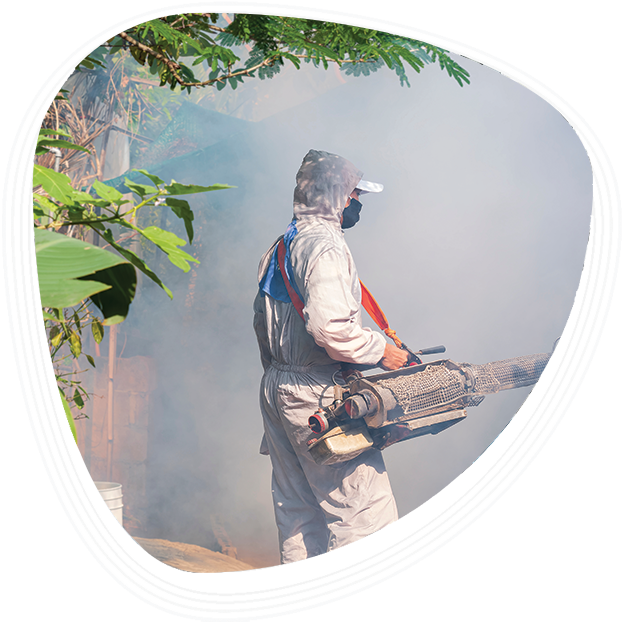
Hospital-Based Services Supporting Dengue Care
Our multidisciplinary services play a crucial role in managing dengue, from early detection to post-recovery monitoring.
Diagnostic Laboratory Services
- NS1 antigen and IgM/IgG antibody testing for early diagnosis
- Complete blood count (CBC) with platelet monitoring
- Liver and kidney function tests for systemic evaluation
- Interpretation of dengue blood reports to guide treatment
Emergency and Inpatient Care
- 24/7 emergency services for high-grade fever or sudden complications
- IV fluid therapy and continuous monitoring in inpatient settings
- Oxygen and supportive care for respiratory or circulatory distress
- Isolated observation units when required
Paediatric Dengue Management
- Specialised care for dengue in infants and children
- Child-specific hydration, monitoring, and medication plans
- Screening for signs of dengue shock syndrome
- Family education on warning signs and care at home
Recovery and Dietary Support
- Nutritionist-guided dengue diet to support platelet recovery
- Customised plans for regaining strength post-illness
- Discharge counselling for home-based care
- Follow-up checks to rule out long-term complications
Top Dengue Treatments Available at Graphic Era Hospital
- NS1 antigen and dengue antibody testing
- Symptom-based dengue fever medication
- Platelet count and CBC monitoring
- IV fluid therapy and electrolyte management
- Paediatric dengue treatment protocols
- Inpatient care for moderate to severe dengue
- Nutritional and post-recovery guidance
Blog
Frequently Asked Questions (FAQs)
What causes dengue fever and how is it transmitted?
Dengue fever is caused by the dengue virus, which spreads through the bite of an infected Aedes aegypti mosquito. It is not contagious and cannot be transmitted from person to person.
What are the different types of dengue fever?
There are four main dengue fever types—DENV-1, DENV-2, DENV-3, and DENV-4. Infection with one type can lead to more severe illness if reinfected with another. Severe forms include dengue haemorrhagic fever and dengue shock syndrome.
What are the early and mild dengue symptoms to watch for?
Mild dengue symptoms may include low-grade fever, body aches, fatigue, and a mild dengue fever rash. These can worsen over time, so early testing is recommended.
What tests are used to confirm dengue?
Diagnostic tests for dengue include NS1 antigen, IgM/IgG antibody tests, and dengue blood reports that monitor platelet count and white blood cell levels. A falling dengue platelet count may indicate worsening illness.
How long is the dengue incubation period?
The typical dengue incubation period ranges from 4 to 10 days after a mosquito bite, during which symptoms may not be visible.
Can I find dengue treatment near me in Dehradun?
Yes, Graphic Era Hospital offers expert dengue treatment in Dehradun, including early diagnosis, round-the-clock monitoring, and care for all stages of dengue.
What are the stages of dengue and when do complications arise?
Dengue typically progresses through three stages: febrile phase, critical phase, and recovery phase. Complications such as bleeding or shock may occur during the critical stage, especially when platelet levels drop significantly.
Is there a dengue vaccine available in India?
While a dengue vaccine exists globally, its use in India is currently limited. Preventive strategies like avoiding mosquito bites and reducing breeding sites remain the most effective precautions for dengue.
What precautions should be taken during dengue recovery?
Important precautions for dengue recovery include staying well-hydrated, avoiding strenuous activity, following a dengue diet rich in fluids and fruits, and monitoring for warning signs like bleeding or severe abdominal pain.
